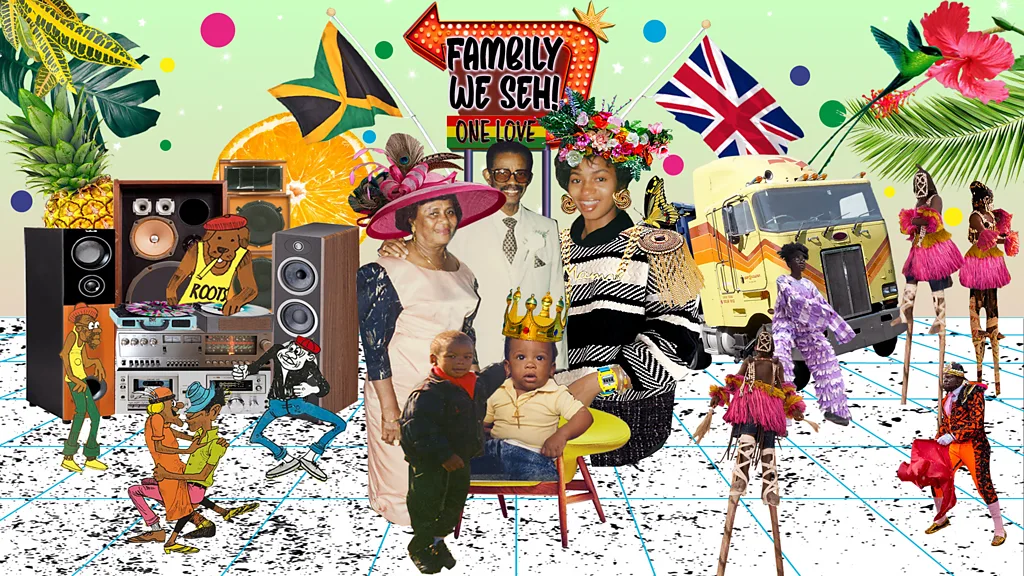
This Is Not Just About Liberation: The Global Reclamation of Jamaican Patwa
Jamaican Patwa, often referred to as Patois or Creole, has long been seen as more than just a dialect spoken by the people of Jamaica. It is a vibrant, expressive form of communication that encapsulates the culture, history, and identity of a resilient people. Beyond the shores of Jamaica, Patwa is experiencing a resounding renaissance, where it is not just a symbol of liberation but a beacon of cultural pride, a conduit for artistic expression, and a bridge that connects people globally.
The Roots of Patwa
To understand the reclamation of Jamaican Patwa, we must first appreciate its origins. Patwa emerged from the fusion of African languages with English, brought about by the transatlantic slave trade. Enslaved Africans, torn from their homelands and forced to communicate with each other and their English-speaking captors, developed this unique language. Over time, Patwa evolved, incorporating elements from Spanish, Portuguese, Arawak, and even Hindi due to Jamaica's diverse cultural influences.
Cultural Liberation and Identity
In the early 20th century, Patwa was often stigmatized, labeled as "broken English," and deemed inappropriate in formal settings. However, Jamaica's independence in 1962 marked the beginning of a cultural shift. The language became a symbol of national identity and pride. Artists, poets, and musicians started to use Patwa deliberately to assert their cultural heritage and resist colonialist narratives.
Global Influence Through Music
Bob Marley, one of Jamaica's most iconic figures, played a pivotal role in bringing Patwa to the global stage. His reggae music, infused with the rhythms and melodies of Jamaican culture, carried Patwa to audiences worldwide. Songs like "No Woman, No Cry" and "One Love" became anthems of peace and unity, all while showcasing the beauty of Patwa.
The legacy of reggae and the global appeal of dancehall music have ensured that Patwa remains a living, evolving language. Artists like Sean Paul, Shaggy, and Damian Marley continue to feature Patwa in their lyrics, introducing new generations to its lyrical richness and rhythmic cadence.
Artistic Expression and Storytelling
Beyond music, Jamaican Patwa has found its way into literature, film, and theater. Authors like Louise Bennett-Coverley, affectionately known as Miss Lou, have used Patwa to capture the essence of Jamaican life in their works. Miss Lou's poetry and performances brought everyday stories to life, making them accessible and relatable to Jamaicans of all walks of life.
In literature, the works of Marlon James, such as "A Brief History of Seven Killings," have gained international acclaim. James's use of Patwa adds depth and authenticity to his storytelling, allowing readers to experience the grit and vibrancy of Jamaican culture firsthand.
The Digital Age and Social Media
In the digital age, the reclamation of Patwa has taken on new dimensions. Social media platforms like Instagram, TikTok, and YouTube are abuzz with content creators using Patwa to share everything from comedic skits to educational content. Influencers like Dutty Berry and Bella Blair have amassed large followings by producing content that celebrates Jamaican culture and language.
Online communities and forums have also emerged, where people from around the world can learn and practice Patwa. These virtual spaces foster a sense of belonging and pride among Jamaicans in the diaspora, connecting them to their roots.
Education and Linguistic Recognition
Efforts to recognize Patwa as a legitimate language have gained momentum in recent years. Linguists and educators are advocating for its inclusion in academic curricula, both in Jamaica and abroad. The University of the West Indies offers courses in Jamaican language and culture, and there are ongoing efforts to develop standardized orthography for Patwa.
Recognizing Patwa as a legitimate language not only validates the experiences of its speakers but also preserves a crucial aspect of Jamaica's cultural heritage. It encourages young Jamaicans to take pride in their language and identity, knowing that their way of speaking is valued and respected.
Beyond Liberation
The global reclamation of Jamaican Patwa is about more than just liberation from colonial oppression. It is about celebrating a rich and diverse cultural heritage, fostering a sense of community, and ensuring that future generations understand the significance of their language. Patwa is a testament to the resilience and creativity of the Jamaican people, a language that has transcended its historical roots to become a symbol of unity and pride.
In reclaiming Patwa, Jamaicans are not just asserting their independence but also sharing their culture with the world. It is a reminder that language is a living, breathing entity that evolves and adapts, reflecting the experiences and aspirations of its speakers. As Patwa continues to flourish globally, it serves as a powerful example of how language can be a force for cultural preservation and connection, bridging gaps and bringing people together in ways that transcend borders.


0 Comments